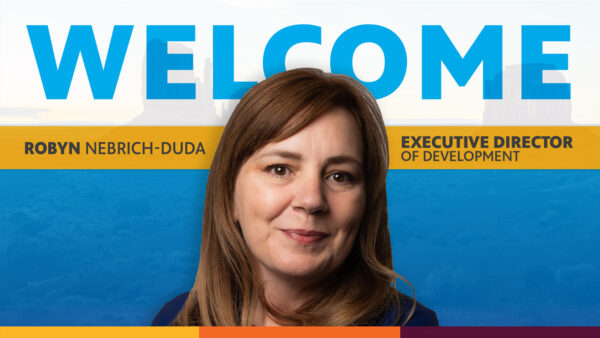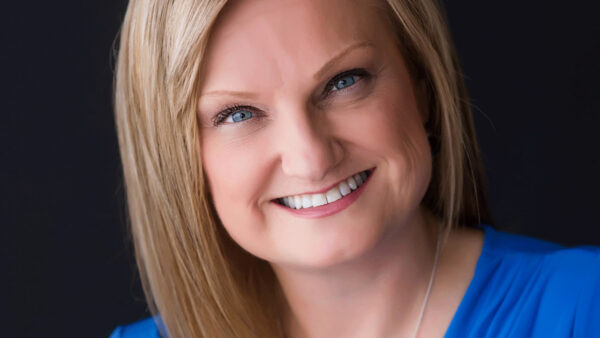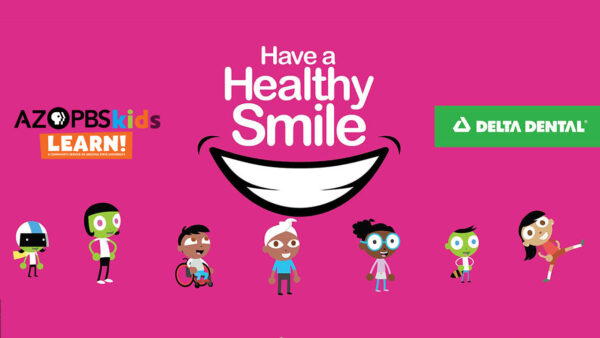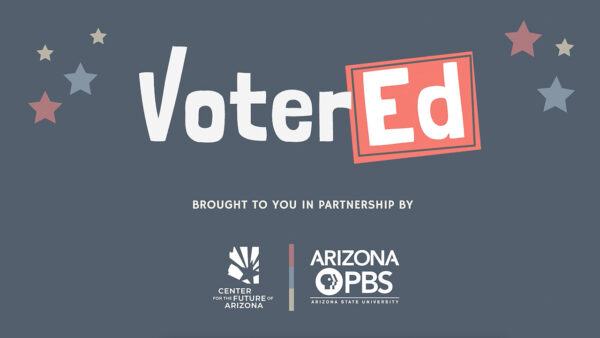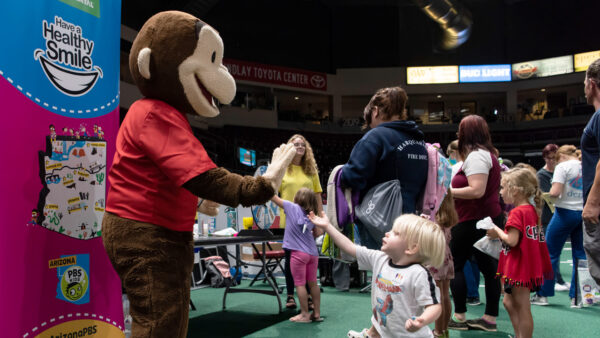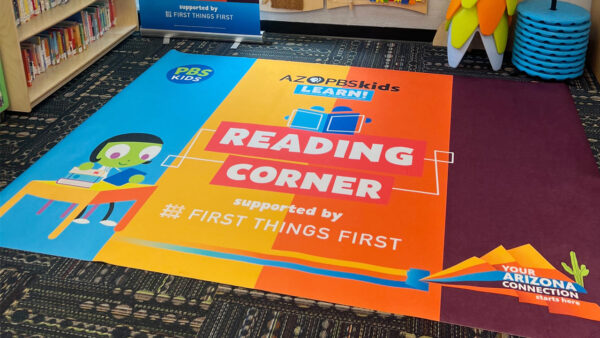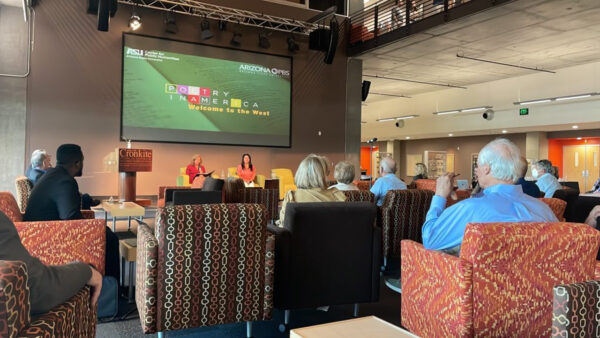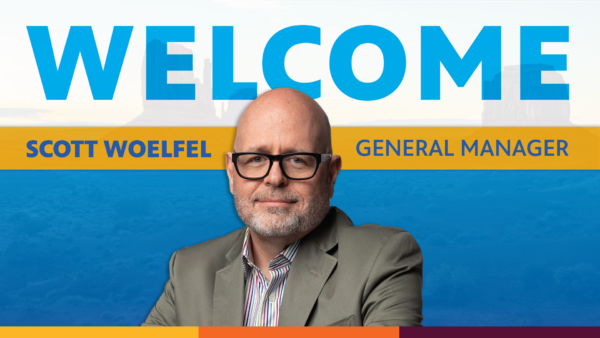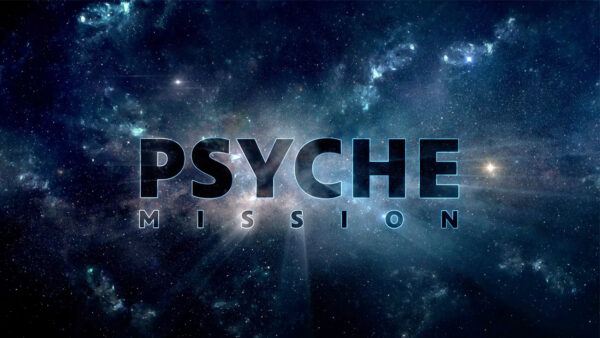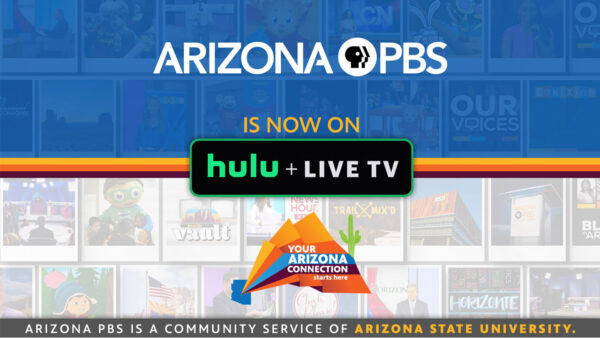Younger Next Year: The New Science of Aging
June 4, 2011
The “Younger Next Year” books, co-authored by Dr. Henry Lodge and Chris Crowley, have been a dramatic success, selling well over a million copies in 16 languages. The reasons are simple. Dr. Lodge has illuminated the new science of aging: That everyone – no matter how old – can take control of his or her biology and reverse the process of aging. Crowley, having adhered to the books’ tenets, is vital proof. We can indeed make ourselves physically and mentally younger and prevent the majority of symptoms – the misery, apathy and illness – that we call normal aging. In Younger Next Year: The New Science of Aging, Dr. Lodge explains the enormous biological impact of motion, and emotion, on the body and the brain – how they force cellular decay and cell renewal in both. Other significant factors, such as eating properly and reducing stress, are also highlighted. Younger Next Year: The New Science of Aging airs Saturday, June 4, 2011 at 10 a.m. on Eight.
In this one-hour program Dr. Lodge will focus on the philosophy, science and advice espoused in the “Younger Next Year” books, as well as new research on the brain. The exciting premise that you can actually become stronger, healthier and function more effectively as you grow older is based on the latest scientific research. Dr. Lodge conveys a joy for life as he gives us a blueprint for reversing our biological clock to remain vital and to live better for years to come. The aim is to create a highly engaging program providing greater awareness and understanding of health issues and lifestyle choices that affect aging, and thus to inspire new behaviors and practices by individuals and their families.
Dr. Lodge covers three major topics.
1. The new biology of aging: This segment focuses mainly on growth and decay as the predominant biological functions of both body and mind — directly controlled by how you live your life. Seventy percent of what we call aging is not biological aging at all. It’s decay; the dry rot of our American lifestyle, and it is reversible. True aging is a minor part of the process. We can “bend the curve” of aging and avoid the devastating individual and societal burdens of modern aging. This segment includes a brief overview on the demographics and sociology of American aging, and then focuses on the individual.
2.
The value and benefits of exercise and a new perspective on the aging brain: Exercise is the most concrete, powerful way of transforming your biology. The specifics of aerobic/strength training, 6 days a week, etc. is explained in detail, using the latest research on the role of exercise in turning back the biological clock of both physical and mental aging. Compelling data is given on the reduction of various illnesses thanks to regular exercise, as well its use as an anti depressant more effective than prescription medication. Clear guidelines for implementing an appropriate exercise regimen are also given.
3.
The underlying social/emotional biology: The impact of connecting and committing is equal to that of exercise. The chemistry is, in fact, almost identical. This segment covers the morbidity and mortality of loneliness, and the power and protective effects of social connections. There is a sharp focus on the recent data that proves you can change your body and brain by how you live your life, citing the significant reduction of illnesses such heart disease and Alzheimer’s.
About Dr. Lodge
Dr. Henry S. Lodge, MD, FACP is an Associate Clinical Professor of Medicine at Columbia University Medical Center, where he has been a faculty member since 1988. He is a Board Certified Internist, and co-author, with Chris Crowley, of the New York Times Bestseller “Younger Next Year,” and “Younger Next Year for Women.” Dr. Lodge is ranked as one of the Best Doctors in America by Castle and Connolly, and has been profiled in Who's Who in Medicine and Healthcare, Who's Who in Science and Engineering, and Who's Who in the World.
Media Contact: Colleen O’Donnell Pierce
[email protected]
(602) 496-0579
(602) 478-3867 (cell)
Visit azpbs.org/pressroom
About Arizona PBS
Arizona PBS is a trusted community resource. For over 52 years, the PBS station has focused on educating children, reporting in-depth on public affairs, fostering lifelong learning and celebrating arts and culture. Arizona PBS achieves its mission through the power of non-commercial television, the Internet, educational outreach and community-based initiatives. Its signal reaches 80 percent of the homes in Arizona. With more than 1 million viewers weekly, Arizona PBS consistently ranks among the most-viewed public television stations per capita in the country. For more information, visit azpbs.org or follow us on Facebook, Twitter, Google+, Instagram, Pinterest or Tumblr.
Arizona PBS is a member-supported community service of Arizona State University and the Walter Cronkite School of Journalism and Mass Communication.
)









